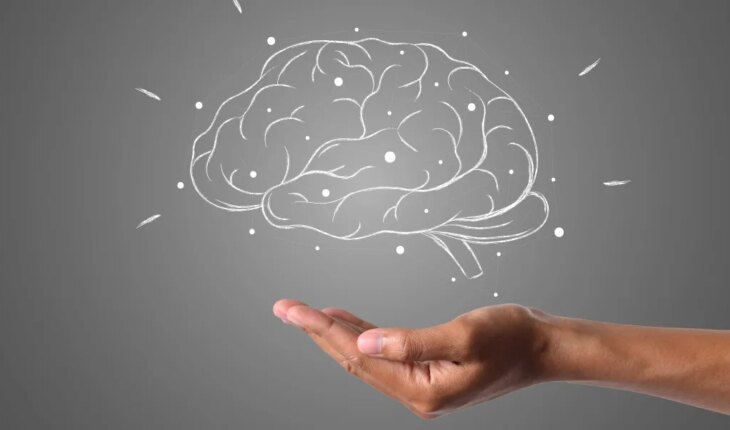The Director of Mental Health and Substance Use of the WHO, Dévora Kestel, pointed out that due to the Covid-19 pandemic there was a “25% increase in the number of people with depression and anxiety” in the world and warned about the impact of “climate change on the mental health” of young people “worried about an uncertain future”, before their participation in the 5th World Mental Health Summit that begins on Thursday, October 5 in Buenos Aires.La GMHS will be held at the Kirchner Cultural Center (CCK) with the aim of giving continuity to the Summits held in Rome (2022), Paris (2021), Amsterdam (2019) and London (2018). In that sense, the Argentine capital is the first Latin American city chosen for this meeting. Under the slogan “Mental Health in all policies”, the GMHS 2023 proposes to present a conception of mental health that is assumed as a transversal component of all public policies, with the aim of intervening with respect to the social determinants that cross people and communities. Most people with mental health problems do not find answers from the health authorities because there is too little budget, too few services available,” the international official told Telam before the summit. The Covid-19 pandemic and mental healthWith regard to the Covid-19 pandemic, an issue that will also be addressed at the Summit, he explained that from the WHO they confirmed “what was feared”: that measures such as “isolation, fear, deaths, bereavement, home schooling or the double work of women at home, They were going to have an impact on mental health.” According to a study we did last year, there was a 25% increase in people with depression or anxiety, especially young people, women and people from places where Covid hit hardest,” he said. But not only did the pandemic have an impact on young people, so does climate change, especially the implications on mental health “when we talk about floods, earthquakes or migrations,” he warned. Climate change generates in many young people what in Europe is called “eco-anxiety”, which means worrying about an “uncertain future”. In Argentina, on November 25, 2010, Law No. 26,657 was approved, which represented a paradigm shift in mental health in accordance with international treaties and the requirements of the WHO, insofar as it implies moving from a “downtown hospital”, tutelary and isolation model. to another based on care in general hospitals and an integrated network of intermediate community-based devices (halfway and coexistence houses, day centers and hospitals, workshops and socio-labor enterprises), autonomy with support and social inclusion
According to the WHO, the pandemic increased by 25% the number of people with depression and anxiety in the world
October 5, 2023 |





